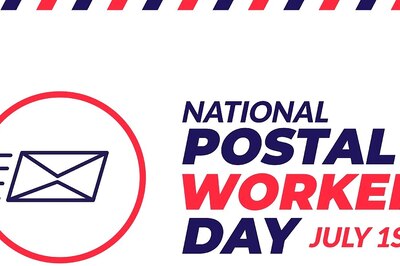
views
Beijing: Microsoft Corp, Google Inc and Yahoo Inc have breached the Universal Declaration on Human Rights in colluding with China to censor the Internet, Amnesty International said on Thursday.
The three publicly traded companies are ignoring their own stated commitments - which in Google's case includes corporate motto "Don't be evil" - and are in denial over the human rights implications of their actions, the group said.
"All three companies have, in one way or another, facilitated or concluded in the practice of censorship in China," London-based Amnesty said in a report.
"All three companies have demonstrated a disregard for their own internally driven and proclaimed policies. They have made promises, which they failed to uphold in the face of business opportunities and pressure from the Chinese government," it said.
"This raises doubts about which statements made by these organisations can be trusted and which ones are public relations gestures."
Yahoo defended itself by saying its presence in China, even with the restrictions, could still help open up the country and added that it, too, was concerned by the issue.
"We believe we can make more of a difference by having even a limited presence and growing our influence, than we can by not operating in a particular country at all," Yahoo said in a statement.
Calls to Google and Microsoft representatives in China were not immediately returned. Amnesty said the three companies were in violation of Article 19 of the Universal Declaration of Human Rights, which says everyone should be guaranteed freedom of expression.
The group said it was calling on the three companies and other Internet firms to lobby Beijing to release all "cyber dissidents", be open about what filtering policies they operate and promote human rights in China.
Amnesty said some actions the firms had taken, like Google's refusal to offer an e-mail service in China due to privacy-invasion worries, were good, but more action was needed.
In May, Yahoo said it was seeking the US government's help in urging China to allow more media freedom after reports linking information the company gave to Chinese authorities with the jailing of a dissident.
The case was the latest to highlight conflicts of profit and principle for companies in the world's second-biggest Internet market.
Web search leader Google has come under fire for saying it would block politically sensitive terms on its new China site, bowing to conditions set by Beijing.
Earlier this month, China sentenced reporter Li Yuanlong to two years in jail, adding to its list of writers imprisoned for expressing themselves through the country's expanding but tightly censored Internet.




















Comments
0 comment